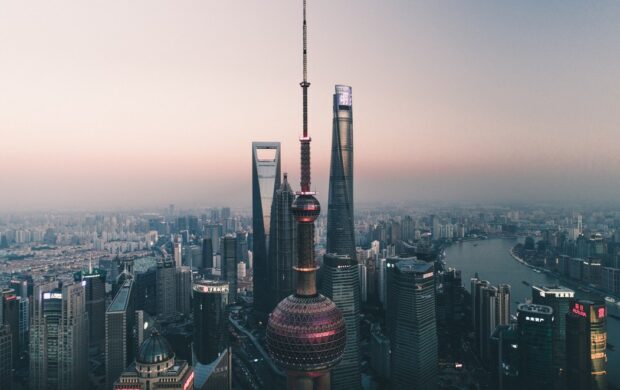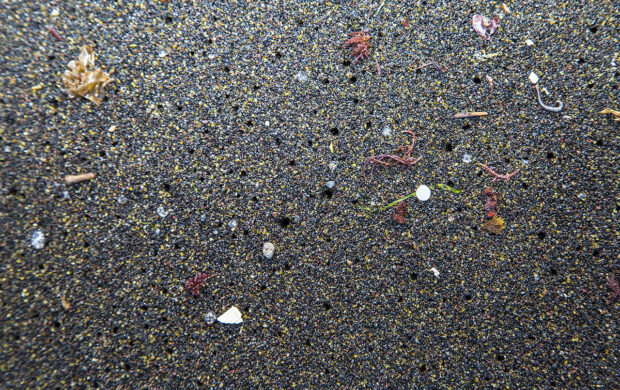The Xiaoxiang area of south-central China encompasses the catchment area of many rivers feeding into the Yangtze, one of China’s major rivers. It is also home to the world’s largest mines for non-ferrous metals used in many electronic devices. As a result, pollution from cancer-causing heavy metals is contaminating the area’s water resources, and even getting into the food system. Chinese NGO, Green Hunan (Lǜsè xiāoxiāng 绿色潇湘) was set up to tackle abuse of the area’s water resources, growing from a grassroots river clean-up movement to a trusted and effective registered NGO (itself a bureaucratic feat in China).
Now, Green Hunan has become the first NGO to receive funding from the Alibaba Foundation, part of the Alibaba group, a Chinese e-commerce giant and household name. The support and funding for its ‘river watchers’ (Héliú shǒuwàng zhě 河流守望者) programme could provide a scalable solution to bring polluting industries to account.












